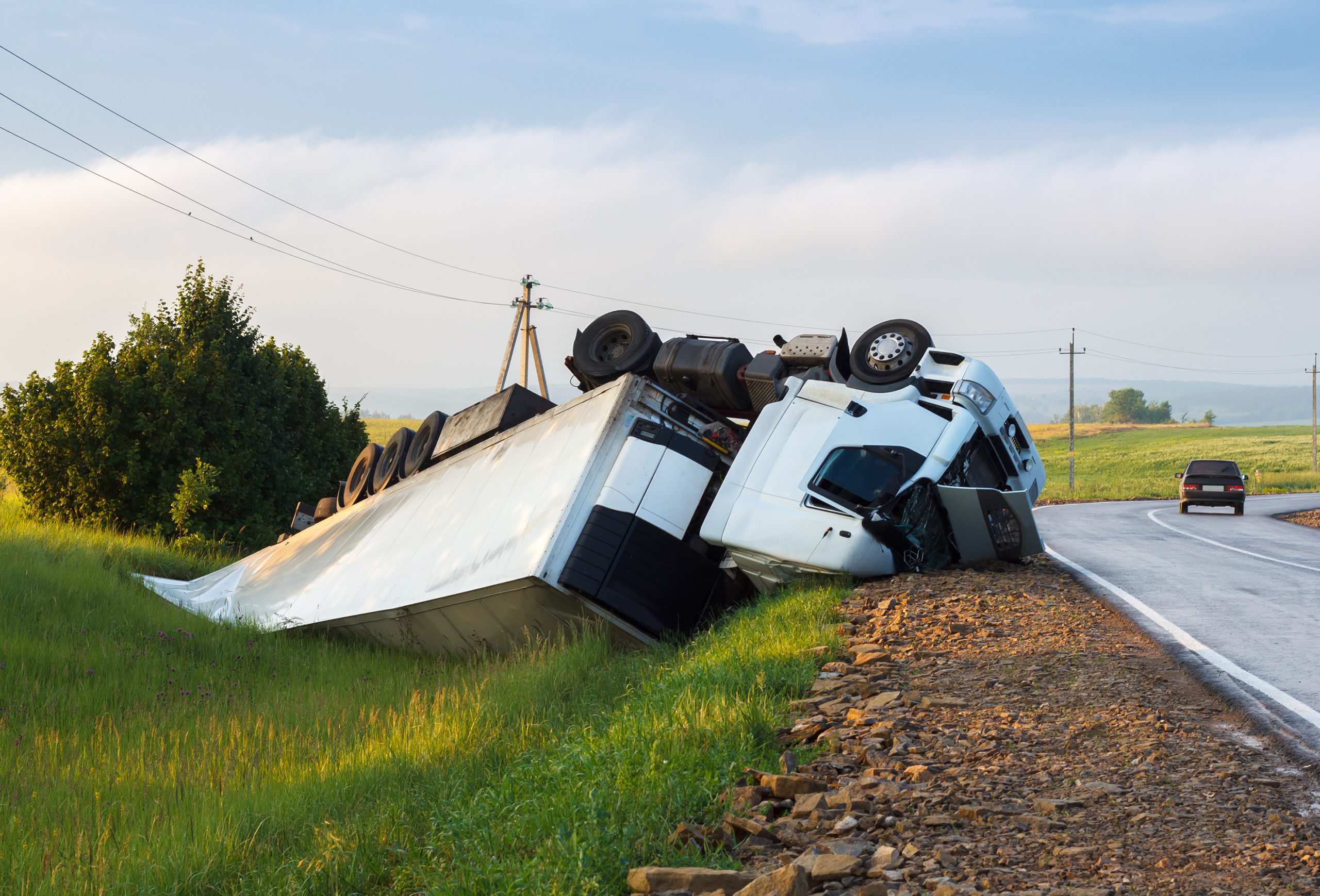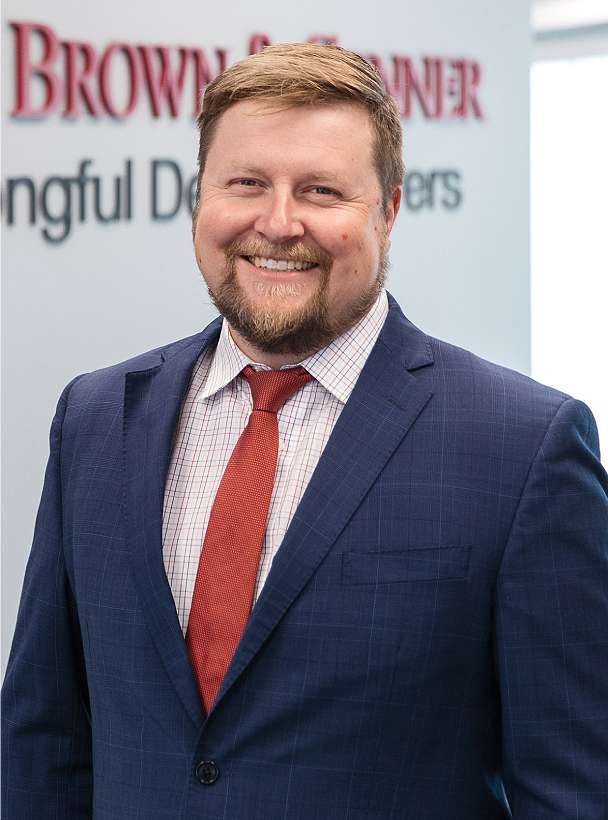Being involved in a truck accident can be a harrowing experience. Semi trucks weigh twenty to thirty times more than other vehicles. They are slower to stop, and the damage they cause in a collision can be catastrophic. Over 4,000 people were killed in semi-truck accidents in 2020. This statistic represents an over 25% increase from 2010 numbers, and far more people suffered severe, life-changing injuries. Of those killed and injured in semi-truck accidents, a large majority were in smaller passenger vehicles.
In addition to the severe damage truck accidents can inflict, it can also be challenging to figure out what to do after a truck accident. Truck accident liability often involves multiple parties who each have a different level of culpability. Further, potentially liable parties have a strong incentive to shift blame, given the amount of potential liability. It can be easy for a truck accident victim to get overwhelmed and be lost in the mix. Knowing what to do after an accident with a semi truck is essential to protecting your rights.
1. Call 911
The first thing to do after an accident with a semi truck is call 911. Getting immediate medical help for yourself and everyone injured in the accident is most important. The quicker medical professionals arrive on the scene, the better medical outcomes tend to be.
Calling 911 will also send the police to the scene. The police will block traffic, making the area safer for everyone. They will also start compiling a police report. Try to tell them everything you remember about the moments leading up to the collision. But do not make any statements accepting blame for the accident.
It is also crucial to get a copy of the police report. The report should contain witness statements, contact information, and a scene sketch. Your attorney can later use all this information to help determine who is at fault.
2. See a Doctor
Getting medical attention as soon as possible is essential. Medical outcomes are usually better if you see a doctor quickly. A doctor will also help you identify injuries you may not know you suffered in the crash, such as a traumatic brain injury.
A doctor will also record everything in your medical record. Your record can be used as evidence to prove which injuries you sustained from the crash.
3. Collect Evidence
Collecting evidence at the scene of the crash is an essential element of proving your case. If you can, take pictures of all the damage caused by the collision. Also take photos of road conditions, tire marks, license plates, and anything else you think is relevant. Gather contact information from as many witnesses as you can. If you can not do this yourself, ask someone on the scene to do it for you.
Obtaining information about the truck driver and the company they work for is also essential. You should get the driver’s name and insurance information if you can. Finding out who the driver’s employer is and who owns the truck will help as well.
It is also helpful to start a case file to keep all the information you have about the truck crash in one place. Write down everything you remember about the accident and maintain the recollection in your case file. The case file should also include a copy of the police report, pictures, medical records, and anything related to the accident.
4. Avoid Making Statements
Do not make any official statements to insurance companies, trucking companies, or any other party without an attorney representing you. Given the severe damage caused by truck accidents, potentially liable entities have a strong incentive to shift blame. They do this by twisting words in your statement and subtly trying to get you to admit fault. Never admit fault. Even if you think you are at fault, you may be wrong. An attorney is better situated to assess the situation and determine fault.
You should also avoid signing any documentation from potentially liable parties without an attorney present. This includes any insurance companies.
Finally, avoid posting about the accident on social media. Try to contact friends and family directly over the phone to let them know you are ok. It may be hard to believe, but if you post that you are fine, the statement could be used against you in court. Anything posted online is potential evidence, so it is best to consult your attorney before making any online statements. Even if you delete a comment, it can be used in court.
5. Get Damage Appraised
Bring your vehicle to a mechanic to appraise any damage caused by the crash. Sometimes a car can drive fine at first and still have severe damage that will pop up later. A trusted mechanic can thoroughly examine your vehicle and spot hidden problems. Tell the mechanic to hold off on repairs until the insurance company approves them.
6. Call an Attorney
Proving liability after a truck accident is a complicated process. More parties are involved than in other auto accidents, and there is often more at stake. There are also specific state and federal regulations that come into play. Do not try to do it alone. An attorney will help guide you through what to do after a semi-truck accident. They can help you obtain just compensation for injuries and lost wages.
7. File an Insurance Claim
Filing an insurance claim after a truck accident can be another complicated process. Multiple insurance companies might be involved, with different procedures to jump through. An attorney will ensure all the hurdles are met and give you a better chance of obtaining the best settlement possible.
Brett McCandlis Brown & Conner PLLC Can Help
If you have been injured in a truck crash, the attorneys at Brett McCandlis Brown & Conner are here to help with everything from dealing with medical providers to filing insurance claims. Our expert attorneys will guide you through what to do after a semi-truck accident. We offer free consultations, and you only pay us when you get paid. Contact Brett McCandlis Brown & Conner, and we will focus on everything else so you can focus on your recovery.


